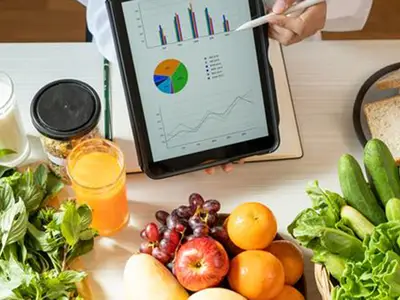Climate Solutions: Food Loss and Waste | Webinar
Date
The dual impact of food loss reduction as a power tool for enhancing climate resilience and fostering a more sustainable future.
Did you know that food loss and waste (FLW) contribute to 8 to 10 percent of global greenhouse gas (GHG) emissions? When food is wasted, the resources used in its production, processing, transportation, and storage are also wasted, contributing to CO2 emissions. Additionally, food in landfills generates a significant source of methane. By minimizing FLW, we can significantly lower GHG emissions, while also addressing hunger, nutrition, and poverty.
As part of the Climate Solutions Webinar Series, we convened global experts for a discussion on integrated strategies to reduce FLW. Addressing FLW presents an opportunity for enhancing climate resilience and advancing food security, nutrition, and stronger economies. You'll gain practical insights into cost-effective approaches for reducing FLW in the public and private sector domestically and internationally and learn about future research and emerging trends in this field.
View the Webinar On-Demand
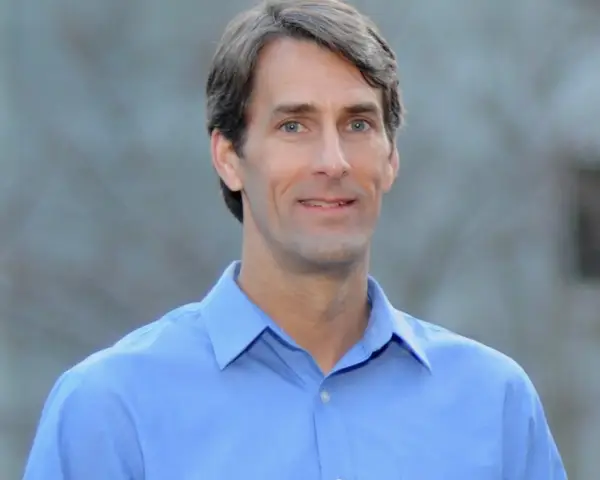
Moderator: Keith Weitz, Director of Sustainability and Resource Management, RTI International
Keith Weitz has been a leader in sustainability and waste management research since 1992, focusing on solutions that build climate resilience and reduce greenhouse gas emissions. He has worked extensively to analyze waste management strategies, develop GHG emissions inventories, and conduct life-cycle assessments. A key element of his work is the development of the Municipal Solid Waste Decision Support Tool (MSW DST), which helps clients assess the environmental and economic impacts of waste management practices. Through this tool, Keith has supported over 100 studies, helping international, federal, state, and local governments, as well as commercial clients, optimize their waste systems to minimize costs and environmental footprints.
Keith’s expertise also includes assessing the vulnerability of waste infrastructure to climate impacts, such as sea-level rise, and exploring emerging waste-to-energy technologies. His work contributes directly to reducing food loss and waste, an essential climate solution, by helping clients develop strategies that mitigate GHG emissions while promoting more sustainable, resilient waste management practices.
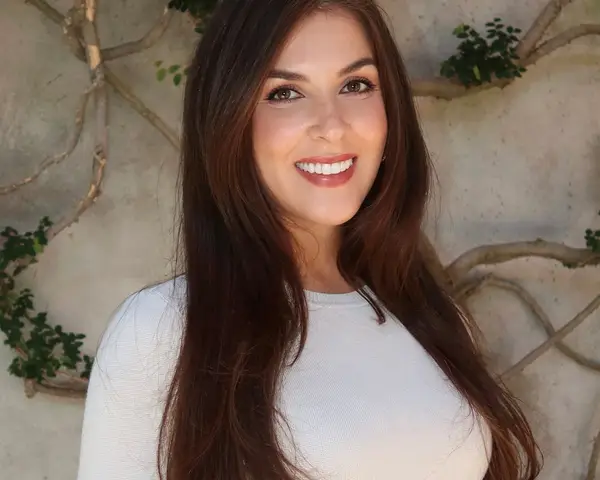
Nika Larian, Senior Nutrition Advisor for Food Safety, USAID
Nika Larian is a Senior Nutrition Advisor for Food Safety in the US Agency for International Development (USAID) Bureau for Resilience, Environment, and Food Security (REFS). Dr. Larian is passionate about the intersection of nutrition, food safety, and climate sustainability. She is the USAID food loss and waste co-lead and produces the USAID Kitchen Sink Food Loss and Waste Podcast. She has been with the USAID Center for Nutrition for 4 years, previously as a Food Loss and Waste Advisor and an American Association for the Advancement of Science (AAAS) Science and Technology Policy Fellow. Nika received her Ph.D. in Nutritional Sciences at the University of Kentucky and has 7 years of experience researching the effects of environmental pollutants on human health.
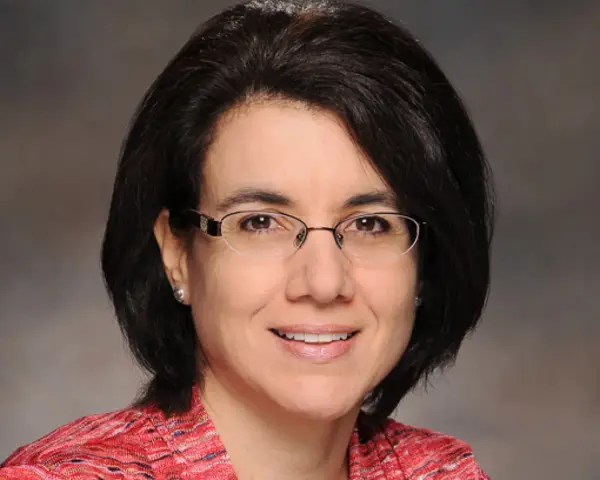
Mary Muth, Senior Economist, USDA
Mary K. Muth is a senior economist in the Diet, Safety, and Health Economics Branch of the Food Economics Division at USDA’s Economic Research Service (ERS). Her research focuses on the economics of food loss and waste, food demand, and food safety. Her research also includes assessing the cost-effectiveness and environmental benefits of food loss and waste reduction interventions, analyzing the effects of the Supplemental Nutrition Assistance Program (SNAP) on the healthfulness of food purchases, and using store scanner data to develop the Food-at-Home Monthly Area Prices (F-MAP) data product.
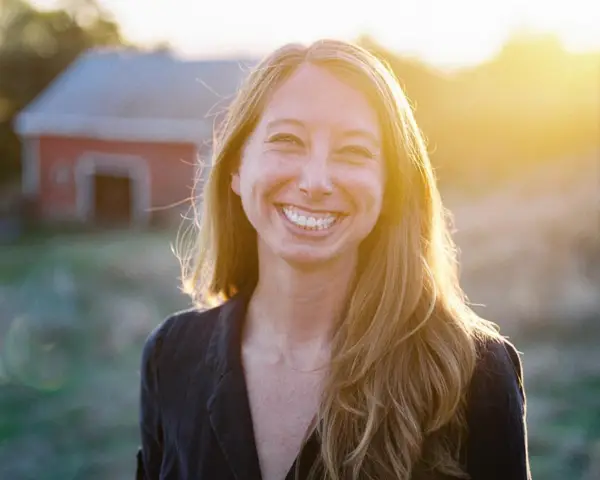
Amanda Oenbring, CEO, Upcycled Food Association
As CEO of Upcycled Food Association Amanda Oenbring brings experience in community collaboration, climate philanthropy, and global growth with a passion for movement building, previously scaling international membership at 1% for the Planet and leading environmental nonprofit network expansion at EarthShare. She found the perfect blend of study across business, sustainability and food via an MBA in Sustainable Systems and a Sustainable Food and Agricultural Systems Certificate from Bainbridge Graduate Institute (now Presidio Graduate School), previously completing her B.A. in Communication Studies at Westmont College.
